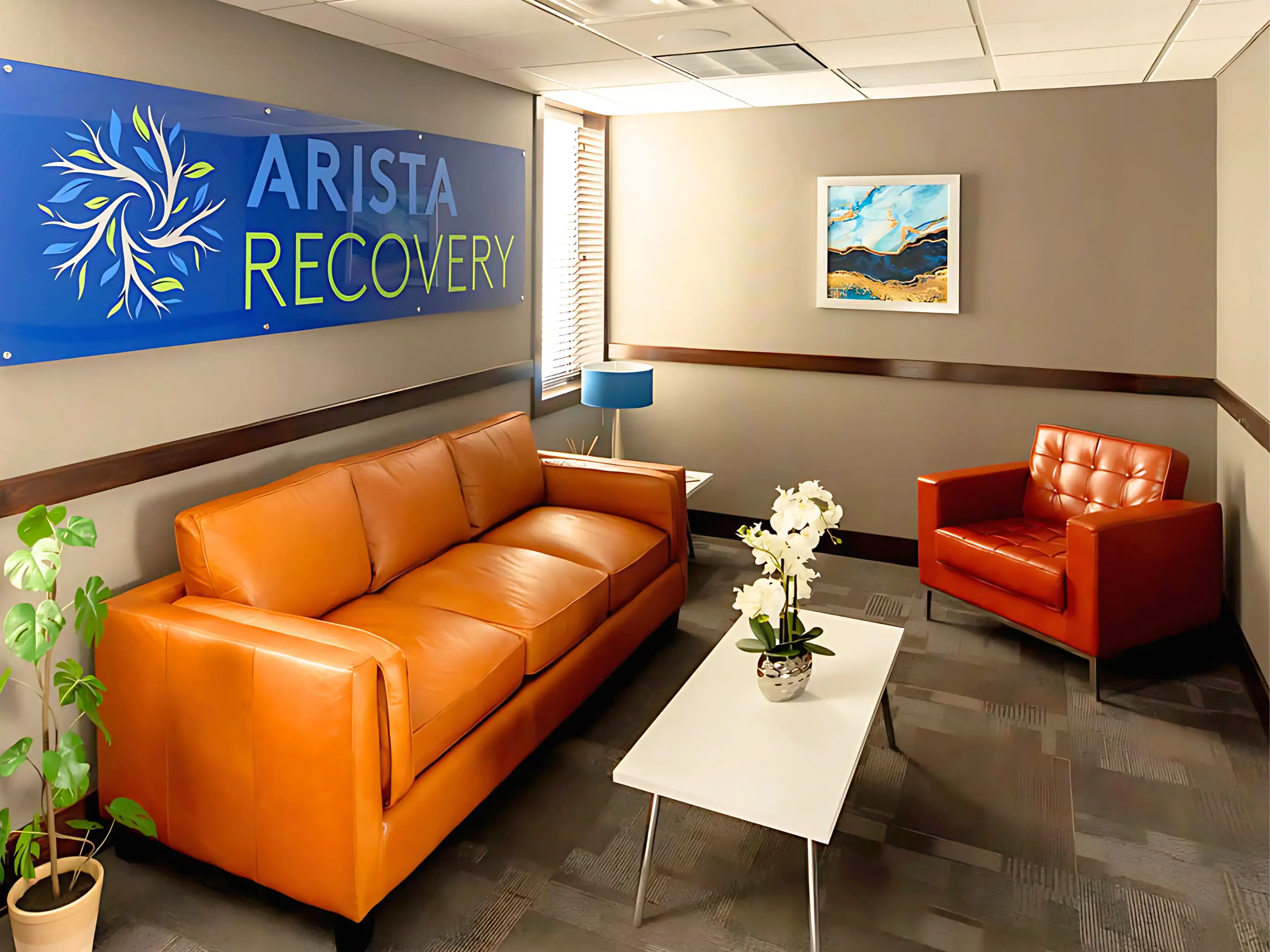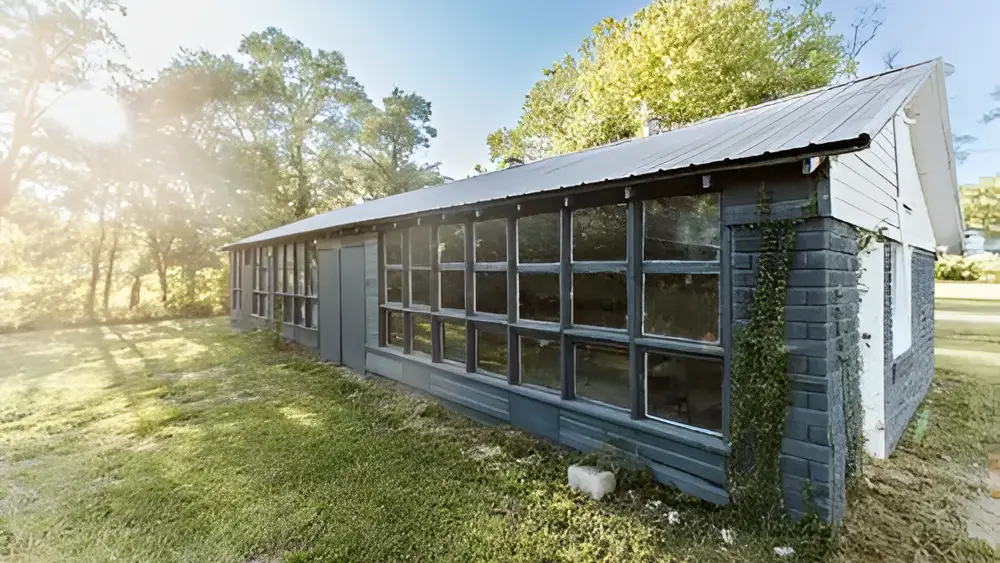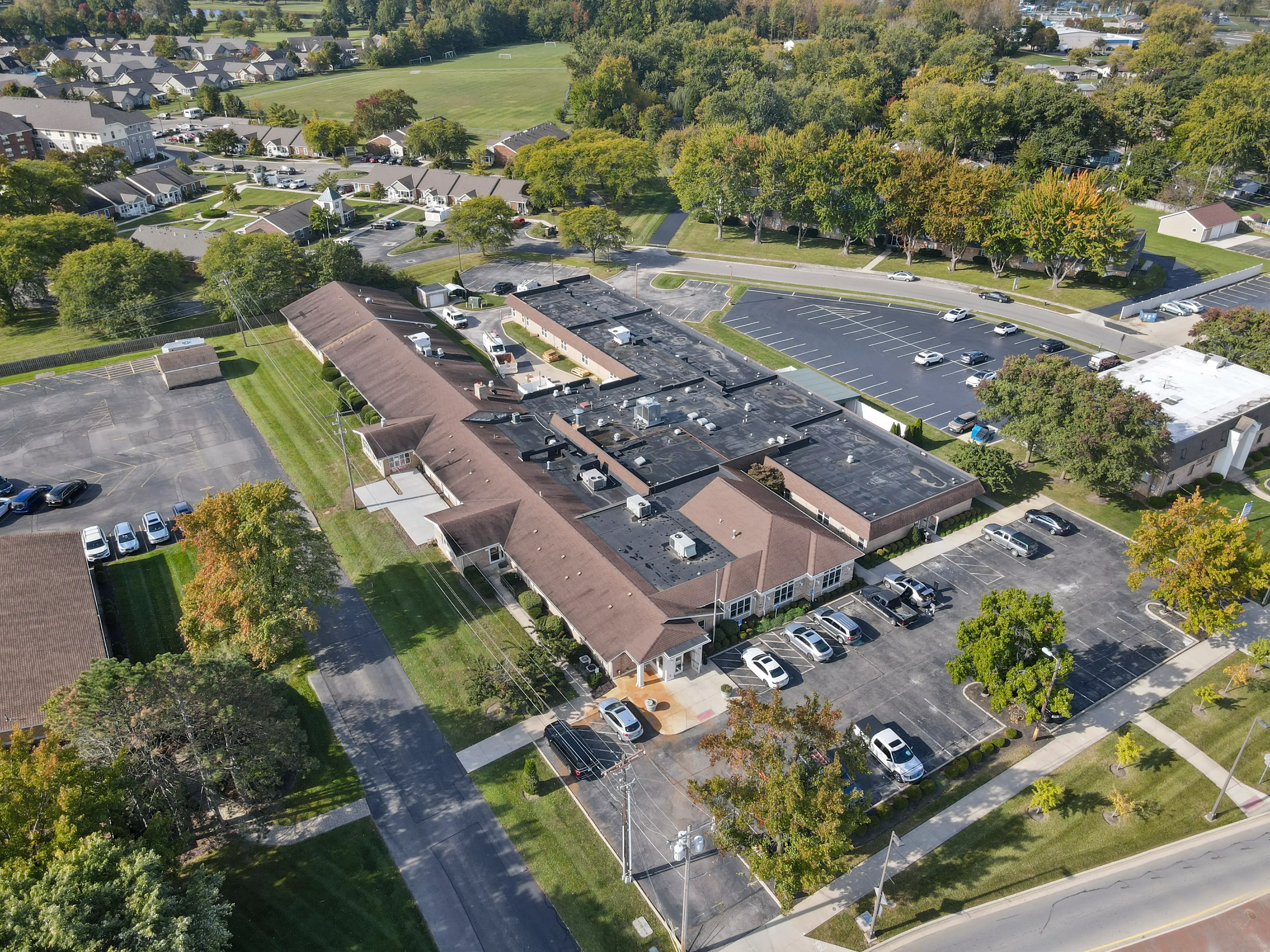Outpatient Treatment Program In Kansas & Ohio
Recovery doesn't pause while the rest of your life keeps moving.
If you're balancing a job, taking care of your family, or finishing school, outpatient rehab offers the structure and support you need without requiring you to step away from your daily responsibilities.



Outpatient Rehab: Real Recovery That Fits Your Life
Outpatient Rehab at Arista Recovery
At Arista Recovery, outpatient rehab centers near me aren't just a phrase you search for when you're desperate for help.
We offer a place where real healing happens and where you can rebuild your life one session at a time while staying grounded in the routines that matter most.
What is Outpatient Rehab?
Outpatient rehab is a flexible treatment option designed for individuals who have completed more intensive levels of care or who are stable enough to manage recovery without 24-hour supervision.
Unlike inpatient programs where you live at the facility, outpatient rehab programs allow you to attend therapy sessions while continuing to live at home and maintain your everyday commitments.
What to Expect in Outpatient Rehab
At Arista Recovery, outpatient rehab typically involves one to two therapy sessions per week with licensed professionals who specialize in addiction treatment. These sessions include individual therapy, group therapy, and evidence-based modalities alongside our holistic options for comprehensive healing.
The goal is simple: help you apply everything you've learned in treatment to real-world situations, with professional guidance when challenges arise.




Signs You Might Need Outpatient Rehab
Knowing when outpatient rehab is the right fit isn't always obvious, especially if you're still figuring out what level of support you need.
Here are some signs that outpatient rehab programs near me could be the next step in your recovery journey:
- You've completed a higher level of care (like detox, residential, or IOP) and your treatment team recommends stepping down to outpatient therapy.
- You're ready to return to work, school, or family obligations but still need regular check-ins and accountability.
- You have a stable living environment and a support system that encourages sobriety.
- You're motivated to stay sober but want professional help navigating triggers, relationships, and stressors.
- You're looking for ongoing therapy to reinforce coping skills and relapse prevention strategies.
- You want affordable outpatient rehab that doesn't require you to take extended time away from your responsibilities.
Outpatient rehab can also serve as a starting point for individuals whose substance use doesn't require medical detox but who recognize they need help before things get worse.
Why Choose Arista Recovery for Outpatient Rehab?
Our approach blends evidence-based treatment with heart, offering therapies that go beyond the typical talk-therapy model.
Here's what sets us apart:
Outpatient rehab centers near me should offer more than just a place to check in once a week. At Arista Recovery, we combine clinical rigor with genuine empathy.
Our staff includes licensed therapists, an addictionologist medical director, and professionals trained in trauma-informed care. Every treatment plan is personalized to your unique needs, not a cookie-cutter program.
We offer traditional therapies like CBT, DBT, trauma therapy, and group counseling, but we also bring healing modalities that address the mind, body, and spirit.
Art therapy with a certified art therapist on staff, music therapy, and yoga are just a few of the ways we help clients reconnect with themselves and build a life beyond substance use.
The best outpatient rehab isn't just about stopping drugs or alcohol; it's about rediscovering who you are without them.
Addiction doesn't just affect you; it impacts everyone who loves you. That's why our outpatient programs integrate family involvement and support.
Whether it's through family therapy sessions or education about boundaries and communication, we give your loved ones the tools to support your recovery journey in healthy, sustainable ways.
Life doesn't stop for treatment, and treatment shouldn't require you to stop living. Our outpatient rehab programs near me offer daytime and evening scheduling options so you can attend sessions that work around your job, childcare, or school commitments.
Recovery should fit into your life, not force you to put everything on hold.
We will work with your provider so you can focus on what really matters: recovery.
Arista Recovery is in-network with Aetna, Anthem, Blue Cross Blue Shield, Cigna, Humana, United Healthcare, and many other major insurance providers.




Outpatient Rehab as Part of Your Full Treatment Journey
Outpatient rehab rarely exists in isolation. For most people, it's part of a continuum of care that begins with detox or residential treatment and eventually transitions into aftercare and alumni support.
At Arista Recovery, we offer the full spectrum of services, so whether you're just starting your recovery journey or stepping down from a 30 day outpatient rehab program, we can meet you where you are.
Whole-Person Healing Opportunities
- Medication-Assisted Treatment (MAT): For individuals managing opioid or alcohol dependence, MAT can reduce cravings and withdrawal symptoms while you engage in therapy.
- Individual Therapy: Beyond group sessions, one-on-one therapy allows you to dig deeper into personal challenges, trauma, and goals.
- Psychoeducational Groups: Learning about the science of addiction, relapse prevention, and emotional regulation empowers you to make informed choices.
- Trauma-Focused Therapies: Many people turn to substances to cope with unresolved trauma. Addressing that pain is essential for lasting recovery.
- Wellness and Nutrition Support: Physical health supports mental health, and nutritional counseling and mindfulness practices help you rebuild from the inside out.
The beauty of outpatient rehab is that it's adaptable. Your treatment team will work with you to adjust your plan as your needs evolve, adding or reducing services based on your progress and circumstances.
Outpatient Rehab Locations
Arista Recovery operates outpatient rehab centers near me in two locations to better serve individuals and families seeking local, accessible care:
Kansas
Our Kansas outpatient location serves residents of Kansas, Missouri, Oklahoma, and Nebraska.
Just outside Kansas City, the Overland Park facility offers intensive outpatient programs (IOP) and standard outpatient services in a comfortable, welcoming environment designed to support your recovery while you continue living your life.
Our Paola location also provides inpatient and detox services, allowing for a full continuum of care.
Ohio
Our Hilliard, Ohio location provides the same compassionate, evidence-based care with flexible scheduling to accommodate your life. All of our facilities accept a wide range of commercial insurance plans, making affordable outpatient rehab accessible to more people.


Find Whole-Person Healing at Arista Recovery
Recovery doesn’t end when treatment does – it evolves with you. At Arista Recovery, our outpatient rehab programs provide the ongoing structure, therapy, and community support you need to sustain lasting change.
Through compassionate clinical care, holistic therapies, and a personalized approach, Arista helps you rebuild confidence, strengthen resilience, and live life on your own terms—free from addiction.
Healing is a journey, and you don’t have to walk it alone. Reach out to Arista Recovery today to take your next step toward lasting recovery.
Quick Admission Process
A simple & easy same-day admissions process
Contact
Reach out to our caring admissions team via phone, text or webform.
Verification
Get a free benefits verification form to confirm your coverage options.
Pre-screening
We will do a quick confidential pre-screen to ensure we are a fit for you.
Treatment
We will schedule transportation and your intake at Arista Recovery.
Quick Admission Process
See How Healing Begins
Watch a brief overview of our medical detox program and learn how our team provides safe, compassionate care to help you start recovery with confidence.
OUR LOCATIONS
Visit One of Our Trusted Locations
Access expert care and compassionate support at our accredited recovery centers across the Midwest. Each location offers a safe, welcoming space where lasting healing and growth begin.
Inside Our Detox Program
See How Healing Begins
OUR APPROACH
Our Unique Therapies
Explore our innovative approach to addiction treatment at Arista Recovery. From evidence-based therapies to holistic and experiential methods, we offer an immersive experience that works to treat the root causes of substance abuse.
.webp)



FAQs
Frequently Asked Questions About Outpatient Rehab
Some common questions our team receives about outpatient rehab include:
The length of outpatient rehab varies depending on individual needs and progress. Some people attend for a few months, while others benefit from ongoing support for a year or more. Your treatment team will work with you to determine the appropriate duration based on your goals, stability, and risk factors.
Intensive outpatient programs (IOP) require more frequent attendance, typically three to five days per week for several hours each day, while standard outpatient rehab programs usually involve one to two sessions per week and are designed for those who need less structure but still need support.
Yes. That's one of the main advantages of outpatient rehab centers near me. The program is designed to fit around your existing responsibilities. Many people continue working full-time, attending school, or caring for family members while participating in outpatient treatment.
Most commercial insurance plans cover outpatient rehab, including Aetna, Anthem, Blue Cross Blue Shield, Cigna, United Healthcare, Humana, and many others.
Arista Recovery accepts a wide range of in-network insurance providers, and our admissions team can verify your benefits and explain your coverage before you start treatment. If you're searching for affordable outpatient rehab, we can help you understand your options.
Relapse doesn't mean failure. It's often a part of the recovery process, and it's an opportunity to reassess what's working and what needs to change. If you experience a return to substance use while in outpatient treatment, your care team will work with you to adjust your treatment plan.
This might mean stepping up to a higher level of care temporarily, increasing therapy frequency, or adding new supports like MAT or more intensive group work. Honesty and communication are key, and Arista Recovery provides a judgment-free space to navigate setbacks and continue healing.
.webp)

.webp)






